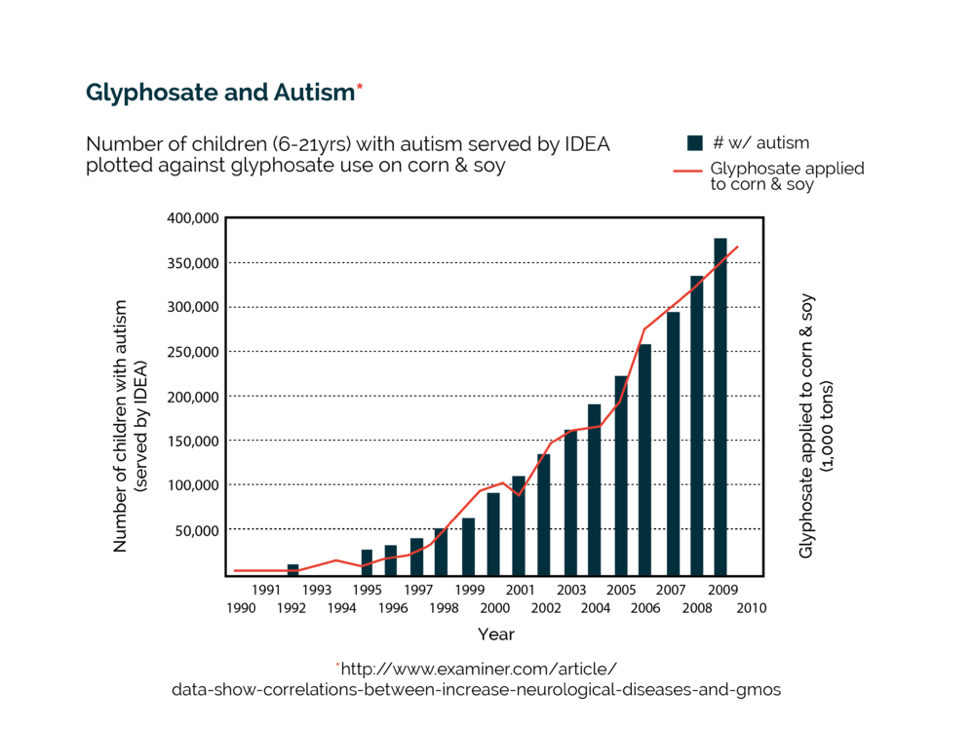Optimal Health Solutions Works with a Number of Specialty Labs to Assist in the Testing Required to Get a Complete Picture of Your Health
Learn more about our trusted partners and the type of testing they offer.
 ALCAT
ALCAT
ALCAT Food Sensitivity Testing (CellScienceSystems) is a tool for managing conditions linked to inflammation and chronic activation of the immune system. The ALCAT Test measures individual responses to foods and other substances at the cellular level and may reveal the underlying trigger of certain symptoms.
Food and chemical sensitivities have been linked to migraines, aching joints, fatigue, gastrointestinal disorders, and other symptoms related to chronic activation of the immune system.
Modifying the diet based on the ALCAT testing results in a resolution of many of these symptoms and allows the immune system to settle down while tempering the inflammatory cascade associated with chronic health issues.
CNA Cellular Nutritional Analysis
ReDox Assessment
Advanced Methyl Detox Profile
 Great Plains Laboratory
Great Plains Laboratory
The Great Plains Laboratory, Inc. is a world leader in providing diagnostics for metabolic, mitochondrial, and environmental factors in chronic illnesses.
We utilize their services for the following tests:
 SpectraCell Labs
SpectraCell Labs
SpectraCell Laboratories, Inc. is a leading clinical laboratory specializing in personalized disease prevention and management solutions.
We utilize their services for the following tests:
- LPP+ Lipoprotein Particle Analysis
- Intracellular Functional Micronutrient Testing

